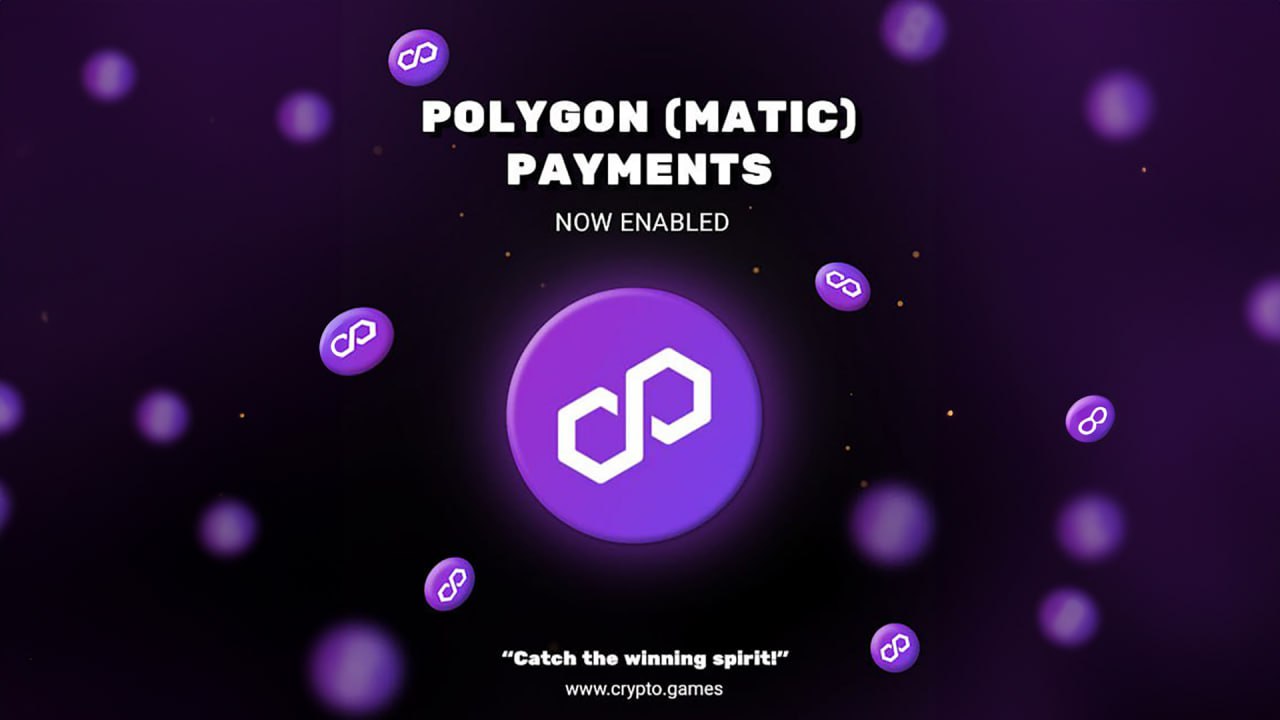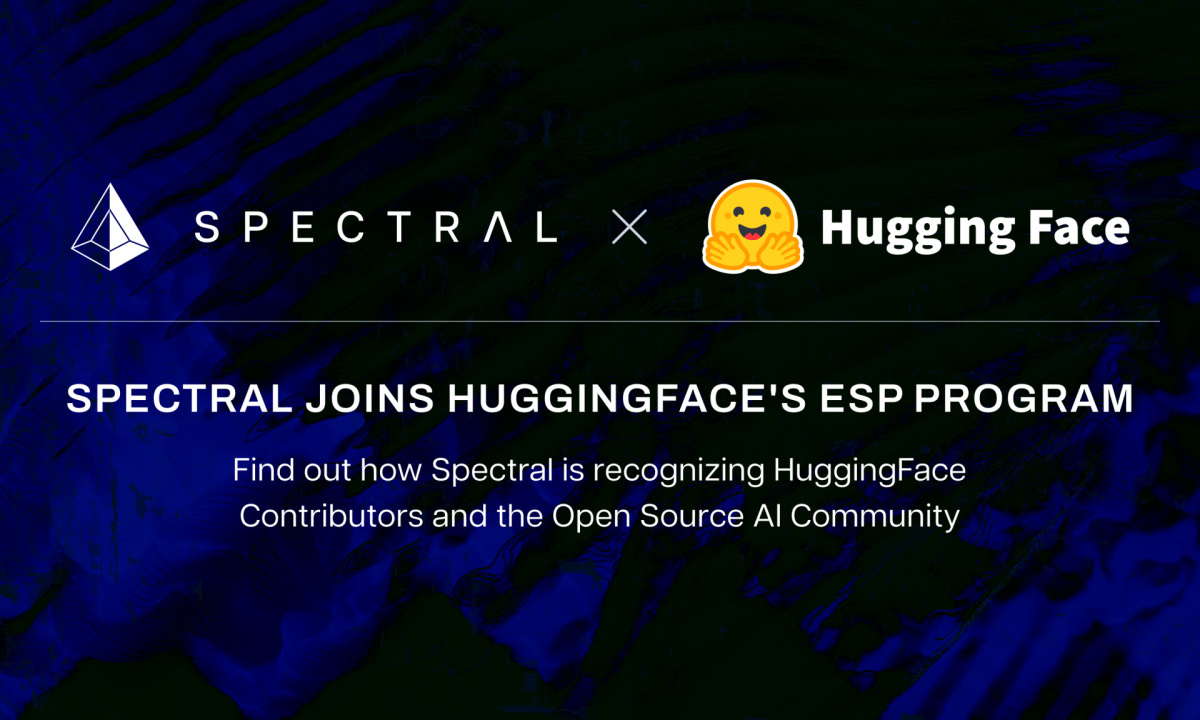Understanding Mercenary Capital
Mercenary capital, also known as opportunistic capital, is provided by investors who aim to exploit short-term incentive programs offered by a platform for their own personal gain. These investors typically withdraw their funds once they identify more profitable programs or when the rewards offered no longer meet their desired targets.
To encourage small to medium-sized investors, many Automated Market Maker (AMM) platforms conduct a growth hacking program called liquidity mining and yield farming. This program offers additional rewards, often in the form of governance or native tokens, to liquidity providers (LPs) who choose to stake or lock in their LP tokens. The specific rewards vary depending on the platform’s decision, but they have historically attracted more investors.
However, platforms that implement such programs are also vulnerable to mercenary capital, even with lock-in time periods. This is especially true when the programs provide excessive short-term rewards that primarily benefit opportunistic individuals rather than community members and long-term investors.
Other factors, such as limited time periods or temporary bonuses for growth hacking programs, can further worsen the negative impact of mercenary capital. When the program ends, there is an increase in short-term selling pressure as the providers of mercenary capital withdraw their liquidity to sell off their rewards. This leads to significant price drops of the reward tokens and may trigger panic selling by other investors.
While this is a challenge that all platforms employing growth hacking programs eventually face, it can significantly hinder the long-term development of the platform. Measures like implementing longer lock-in staking periods for greater rewards can be adopted, but effectively dealing with mercenary capital ultimately requires a combination of sound tokenomics, exceptional products, and a strong sense of community trust.
Author Bio: Hisham Khan, CEO of Aldrin
Hisham Khan brings extensive experience in managing and developing robust and innovative financial and enterprise technology. He spent a significant portion of his career at Bloomberg in New York, working closely with top engineers, where he discovered the transformative potential of cryptocurrencies. This discovery led him to leave Bloomberg and establish Aldrin, focusing on creating comprehensive and accessible trading tools. His ultimate goal is to make advanced crypto trading and strategy development accessible to everyone.











